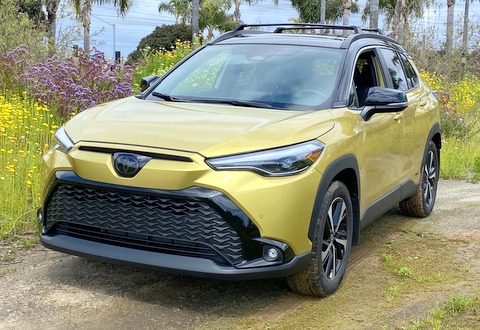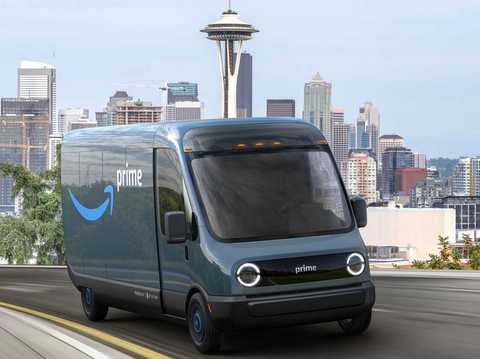Hear the silent impact of electric cars
Increasing the number of electric vehicles on the road will ultimately reduce the environmental impact of the automobile industry and greenhouse gas emissions. There is not much to discuss here, these points are well known. But what is not discussed as much is the potential of electric vehicles to reduce noise pollution.
With that in mind, here’s a closer look at electric cars and their impact on noise pollution.
How are car manufacturers working to reduce noise pollution?
Reducing pollution starts with electric cars. These cars do not emit greenhouse gases because they do not use fossil fuels. Electric motors are also quieter because they do not undergo the same processes as combustion engines. In addition, electric cars do not have traditional exhaust systems and gears that generate noise.

Gas-powered vehicles, by contrast, generate noise through vibrations and other engine mechanisms during operation. The large concentration of combustion engines in cities can cause health problems for humans and wildlife. For example, the Environmental Protection Agency links noise pollution to hearing loss, high blood pressure, and other concerns.
While private vehicles are a great start, noise pollution reductions need to be comprehensive to have a significant impact on society. Companies have electrified their fleets, and deployed battery-powered trucks and utility vehicles. Transportation departments are experimenting with electric buses to reduce emissions on public transportation.
What are the effects of quieter vehicles?
Reducing air and noise pollution is integral to communities because it improves human health. People can live better lives when roads are quieter and cleaner. And research has shown that adopting electric vehicles has positive health benefits, regardless of where a person is located. A 2024 study by the University of Houston found that electric vehicles reduced mortality rates and improved air quality in New York City and other major metropolitan areas.
Quieter vehicles and reduced noise pollution have generally had positive results. However, automakers have modified electric vehicles because some machines are too quiet. If an electric car is nearly silent, pedestrians may have difficulty hearing it as it goes down the road. In response, manufacturers have amplified the sounds of electric cars to warn people of the vehicle’s presence.
What other benefits do electric cars bring?
Reduced noise and air pollution are excellent public health outcomes. However, electric vehicles offer even more benefits that are driving the auto industry forward. The financial benefits are becoming important for fleet owners, with experts saying electrification could reduce maintenance costs by 50% or more. Electric vehicles have fewer moving parts, meaning there is less chance of breakdown.

Electric cars also bring financial incentives through a federal tax credit. The Internal Revenue Service says an electric car can receive a credit of up to $7,500 when consumers choose a qualifying vehicle. The manufacturer must complete assembly of the vehicle in the United States, among other criteria, to qualify for the incentive.
Another benefit of electric vehicles is the power under the hood. While some focus on horsepower, electric vehicles have instant torque. Gas-powered vehicles have to rev up to gain torque, but electric vehicles provide it instantly. Fleet owners benefit from the extra torque when hauling heavy loads or driving up inclines.
Reducing pollution in multiple ways
The environmental impact of the automotive industry means it must move towards renewable energy sources for a more sustainable future. Electric vehicles have led the way in reducing emissions, although they are not the only way to improve lives. Research has shown that adopting electric vehicles has reduced noise pollution and has a positive impact on public health.



